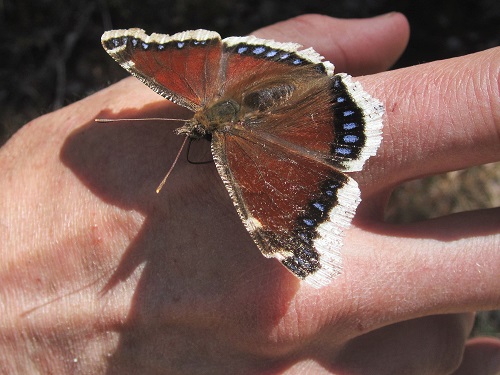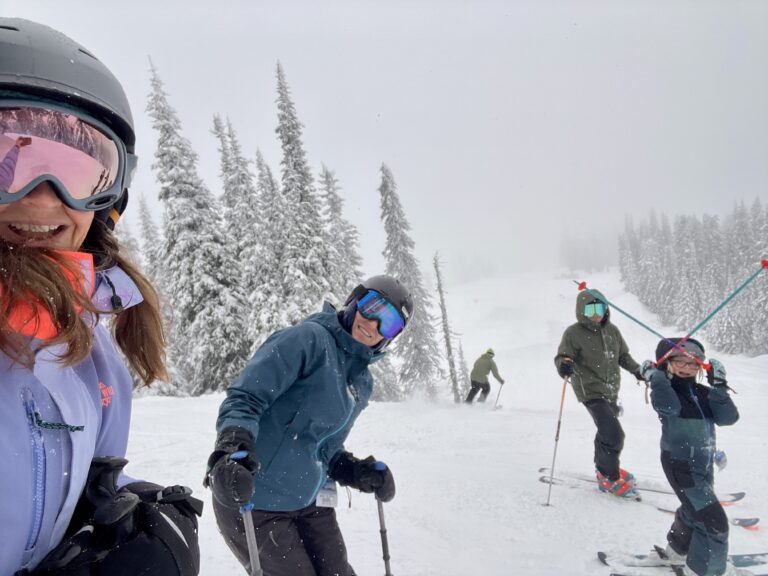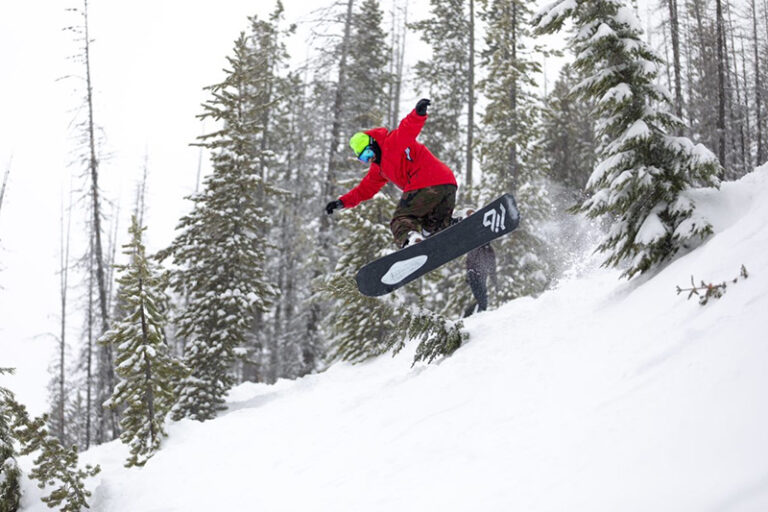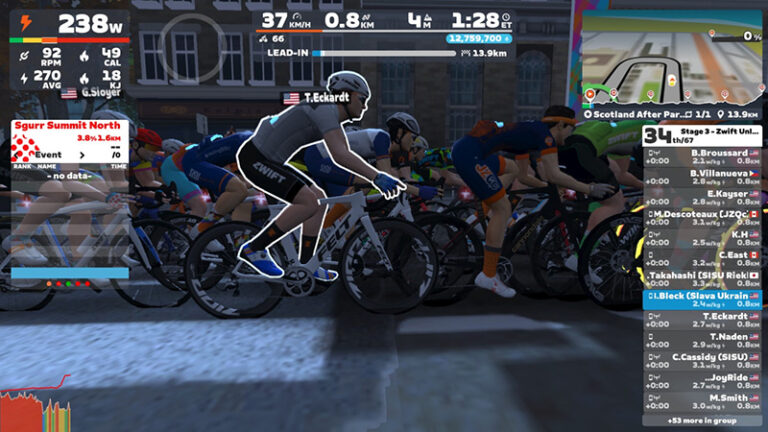On September 3, our nation will celebrate the 50th anniversary of the Wilderness Act. It wasn’t a smooth or easy process to create and pass a “Wilderness Act.” We can boast that the Act was practically born in our own backyard. Driven by Idaho’s Senator Frank Church, it would have never made it through Congress (according to Church’s one-time aide, Lewiston journalist Bill Hall), without the robust support of Washington’s powerful Senator Henry “Scoop” Jackson.
The Wilderness Act took over eight years and some 60 draft versions before being signed into law. Howard Zahniser of The Wilderness Society created and staunchly defended his definition of wilderness as it appears in the Act: “A wilderness, in contrast with those areas where man and his own works dominate the landscape, is hereby recognized as an area where the earth and its community of life are untrammeled by man, where man himself is a visitor who does not remain.”
Designated wilderness areas do not typically allow road building, resource extraction, motorized vehicles, or even mountain bikes. Leave No Trace is policy. Fire, disease, and wildlife management are largely left to nature. The concept of “wilderness” is a cauldron of diverse definitions, historical and cultural contradictions, opposing passions and opinions. Oh please –can’t we just go camping? Sure! But just consider: Moses had to lead his people through a “great and terrible wilderness,” where the very Devil lurks, whispering temptations. But wait –according to Thoreau, Muir, and the transcendentalists, wilderness is a sacred cathedral, the only place where God dwells, offering refreshment and salvation to the human spirit.
Another contradiction is that European settlers arrived on this continent and found a vast, “empty,” and dangerous wasteland to be tamed and made productive. Meanwhile, the nations of people who had been living here since way before Moses, looked about and saw a generous, familiar, and beloved land they called home.
Wilderness calls to many fishermen, horsemen, skiers, hikers, backpackers, birdwatchers, plant lovers, tree-huggers, solitude seekers, and families taking the kids out for a day of fun. But Wilderness also stings to some ranchers, snowmobilers, off-road vehicle riders, and mountain bikers, to name a few, who resent the restrictions and more limited access. Feelings can run high, and members of different groups may regard one another with suspicion or hostility.
Back in 1995, William Cronon pondered these dynamics in an essay titled “The Trouble with Wilderness,” which riled up a lot of folks back then, and still sets some teeth to gnashing. My favorite part suggests that maybe it’s not necessarily “Wilderness” but “wildness” that we really need. And wildness is all around us – yes, right in our city parks and natural areas but also in our neighborhoods and backyards. I delight in the first spring buttercup. Are you fascinated by the hummingbirds at your feeder?

Cronon challenges us to consider how we can, on the one hand, enshrine and rhapsodize over the 3,000 foot granite spire and still tromp the blazing star that grows from construction rubble or leave our picnic litter on the riverbank?
So – let’s celebrate! 50 years of setting aside wilderness areas in the United States is one great big way to honor and protect wildness. It’s a historic accomplishment and is being emulated by other countries around the world. Here in the Inland Empire, we are not only near the source of this vision, but we are surrounded by a variety of glorious, diverse public wilderness areas, many only a couple of hours away, all promising visitors a memorable backcountry experience.
And, let’s also remember that just noticing and appreciating glimpses of the wild in our daily lives is another way to celebrate wilderness. Perhaps we will come to understand what Thoreau meant with those famous words: “…in wildness is preservation of the world.” //













